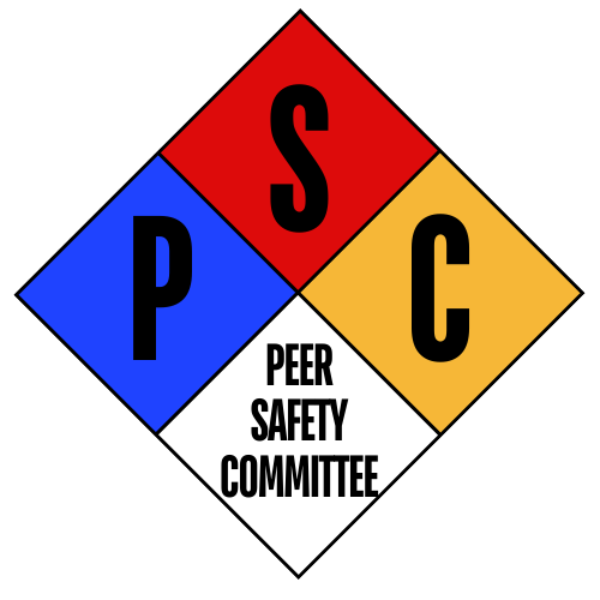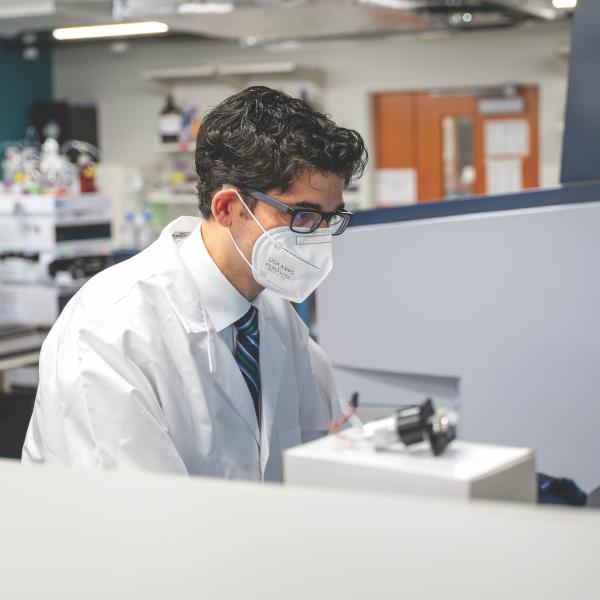Researchers in Arts & Sciences recently received awards from the National Institutes of Health, NASA, and the National Science Foundation.
Erik Herzog, the Viktor Hamburger Distinguished Professor in the Department of Biology, was awarded a five-year $1,977,255 grant from the National Institutes of Health's National Institute of Neurological Disorders and Stroke. The award supports Herzog's project titled “Circadian Regulation of Neocortex.”
Sachiko Amari, research professor in the Department of Physics, won a $973,810 award from NASA to support research on presolar graphite in CM chondrites.
Deanna Barch, chair and professor in the Department of Psychological & Brain Sciences and the Gregory B. Couch Professor of Psychiatry; Jonathan Losos, the William H. Danforth Distinguished University Professor and director of the Living Earth Collaborative; Richard D. Vierstra, the George and Charmaine Mallinckrodt Professor of Biology; and Li Yang, professor in the Department of Physics, were named to the Institute for Scientific Information’s list of Highly Cited Researchers for 2021. Read more from the Ampersand.
Douglas Chalker, professor of biology, received a five-year $660,281 collaborative award from the National Institutes of Health for a project titled “Expanding and Sustaining Hands-on Science in K-12 Classrooms using Tetrahymena.”
Alian Wang, research professor in the Department of Earth and Planetary Sciences, won a three-year $570,828 award from NASA for research on “Heterogeneous Electrochemical Process Induced by Energetic Electrons on Planetary Bodies.”
Austin Moyle, a graduate student working with Michael Gross in the Department of Chemistry, won a Next Generation Investigator Award from the California Separation Science Society (CASSS). The award supported Moyle’s participation in the 2021 CASSS conference, Practical Applications of Mass Spectrometry in the Biotechnology Industry, where Moyle presented a poster titled “A Workflow for Validating Amino Acid-Specific Covalent Labeling Reagents for Protein Higher Order Structure Elucidation.” Read more from the Department of Chemistry.
Philip Skemer, professor of Earth and planetary sciences, and his collaborators recently received a $455,396 grant from the National Science Foundation to establish Research Opportunities in Rock Deformation (RORD), an REU (Research Experiences for Undergraduates) internship program that provides laboratory and field-based research experience in rock mechanics and structural geology. RORD is designed to introduce undergraduate students from diverse backgrounds and experience levels in Earth science, geoscience, and engineering to the field of rock deformation. Read more from the Department of Earth and Planetary Sciences.
Irene Antony, a neuroscience major in the Department of Biology, won the Trainee Professional Development Award (TPDA) from the Society for Neuroscience (SfN). The TPDA recognizes scientific merit and excellence in research with the aim of promoting the advancement of career training for neuroscientists from a wide range of institutions. Read more from the Department of Biology.
Manel Errando, assistant professor of physics, received a $24,000 subaward from the Smithsonian Astrophysical Observatory to support his participation in the continuation of the VERITAS operations program.
Miriam Silberman, a microbiology major in the Department of Biology, won a Diversification of Our Research Scientists (D.O.O.R.S.) scholarship from Promega. The goal of the scholarship is to recognize and empower underrepresented students in STEM by supporting enrollment or attendance at an educational institution. Read more in this Q&A from the Department of Biology.




